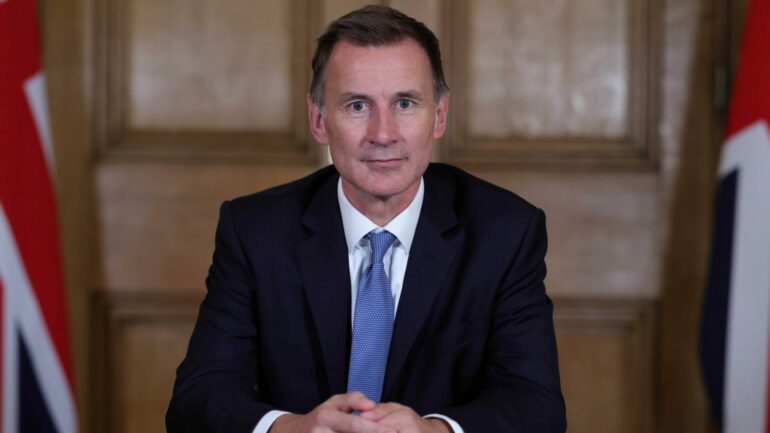In a recent meeting, the Chancellor of the Exchequer, Jeremy Hunt, along with the UK’s principal mortgage lenders and the Financial Conduct Authority (FCA), reached an agreement to provide support for individuals facing challenges with mortgage repayments.
The aim is to assist those worried about their mortgage obligations and ensure a smoother transition for customers approaching the end of fixed-rate deals.
The agreed measures form a new mortgage charter that addresses key concerns and offers support to residential mortgage customers.
Decreased Mortgage Arrears and Favorable Market Indicators
According to recent market indicators from the FCA and UK Finance, mortgage arrears and defaults remain at historically low levels, even lower than pre-pandemic figures.
The first quarter of 2023 reported arrears of only 0.86% of total residential mortgage balances, a significant drop from the 3.32% rate seen in 2009.
Moreover, the proportion of disposable income allocated to mortgage payments currently stands at 5.4%, a marked improvement compared to the 10% observed in the 1990s and prior to the financial crisis.
Key Provisions of the Mortgage Charter
The lenders, representing over 75% of the market, have agreed upon several provisions within the new mortgage charter to support residential mortgage customers:
- Information and Support: Individuals concerned about their mortgage repayments can freely contact their lenders for information and assistance. Importantly, such inquiries will have no impact on their credit scores.
- Repossession Protection: Customers who miss mortgage payments will not face the immediate risk of home repossession for a minimum period of 12 months from their first missed payment.
- Flexible Options for Fixed-Rate Deals: Customers nearing the end of their fixed-rate mortgage deals will be provided the opportunity to secure a new deal up to six months in advance. Additionally, they can apply for a better deal right up until the new term begins, if one is available.
- Interest-Only or Term Extension: A new agreement between lenders, the FCA, and the government permits customers to switch to an interest-only mortgage for six months or extend their mortgage term to reduce monthly payments. They can then switch back to their original term within the first six months, without the need for a new affordability check or affecting their credit score.
- Seamless Transition for Up-to-Date Customers: Customers who are current on their mortgage payments can switch to a new mortgage deal at the end of their existing fixed-rate term without undergoing another affordability check.
- Proactive Information Provision: Lenders will offer well-timed information to help customers plan ahead when their current rate is due to end, allowing them to make informed decisions about their mortgage options.
- Tailored Support for Struggling Customers: Lenders will provide personalized support for customers facing difficulties, including options such as extending the mortgage term to reduce payments, offering interest-only payments, temporary payment deferrals, or part-interest-part-repayment plans. The most suitable option will depend on the customer’s circumstances.
The Chancellor’s Statement
The Chancellor, Jeremy Hunt, emphasised the importance of these measures in addressing two key concerns: the risk of home loss for those falling behind on mortgage payments and the impact of higher mortgage rates on family finances.
He assured individuals that they can freely engage with their banks or mortgage lenders without any impact on their credit scores.
Moreover, he highlighted the ability for customers to modify their mortgages, such as switching to interest-only or extending the term, with the flexibility to revert to their original mortgage deals within six months, ensuring minimal disruption.
Additionally, a minimum 12-month period without consent is now required before a repossession can take place in extreme circumstances.
Conclusion
The agreed-upon measures between the lenders, the FCA, and the government aim to provide comfort to those concerned about high interest rates and support for those facing financial difficulties. The Chancellor reiterated the government’s commitment to tackling high inflation as a top priority and supporting the Bank of England in its efforts to alleviate the pressure on family finances and businesses.
By implementing this new mortgage charter, borrowers can benefit from increased support, flexibility, and options to manage their mortgage repayments effectively.
The focus on proactive information, tailored assistance, and the commitment to prevent immediate repossession demonstrates the collective effort of lenders and regulatory bodies to provide relief and stability to mortgage holders during challenging times.
The new support measures are set to be implemented within the next two weeks, allowing individuals to access the assistance they need in a timely manner.



